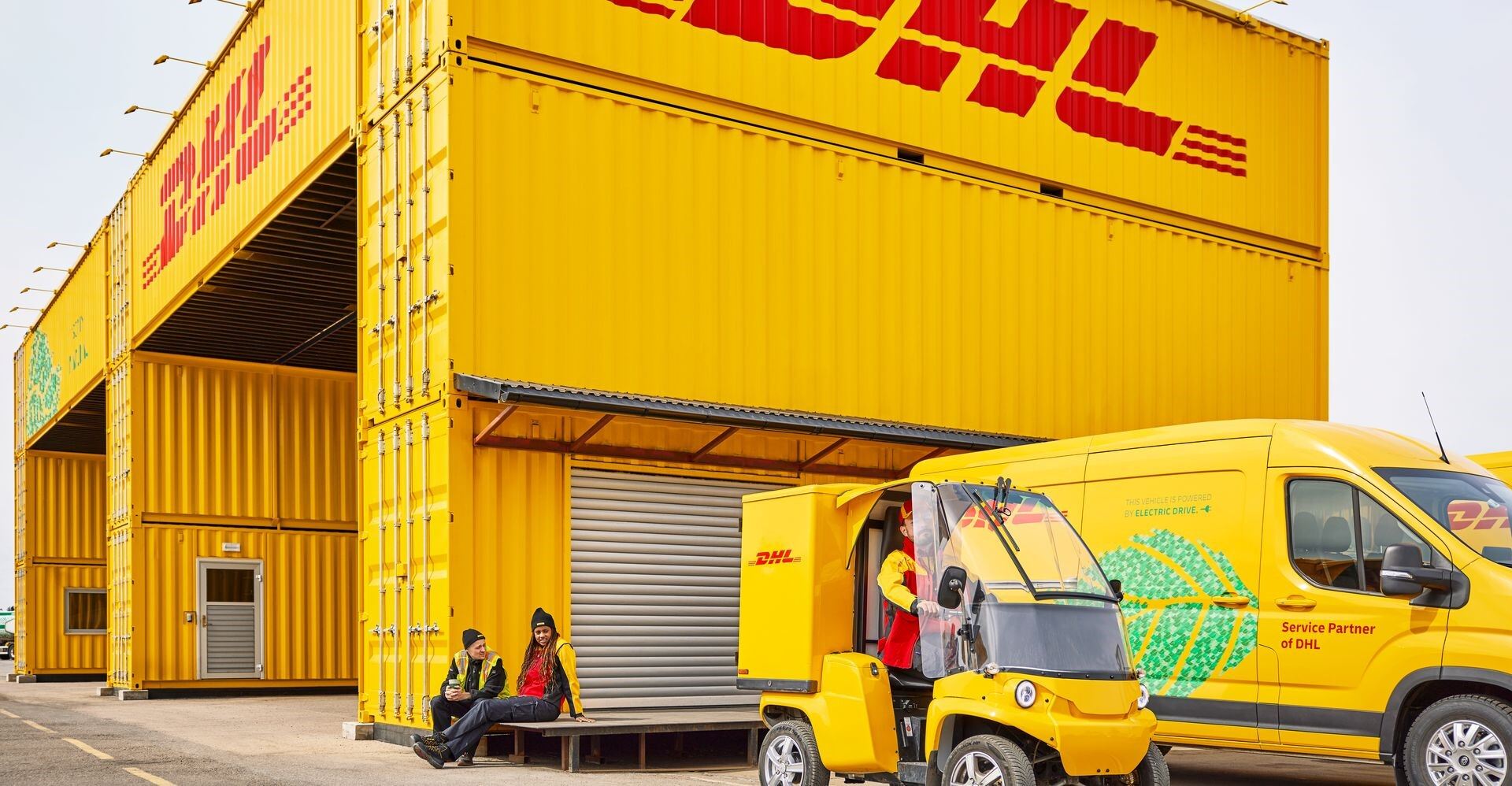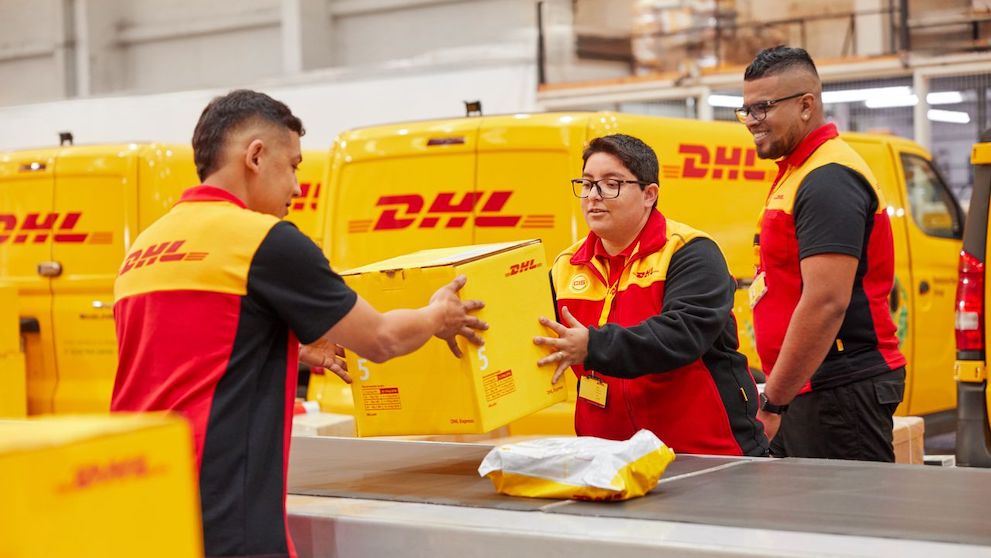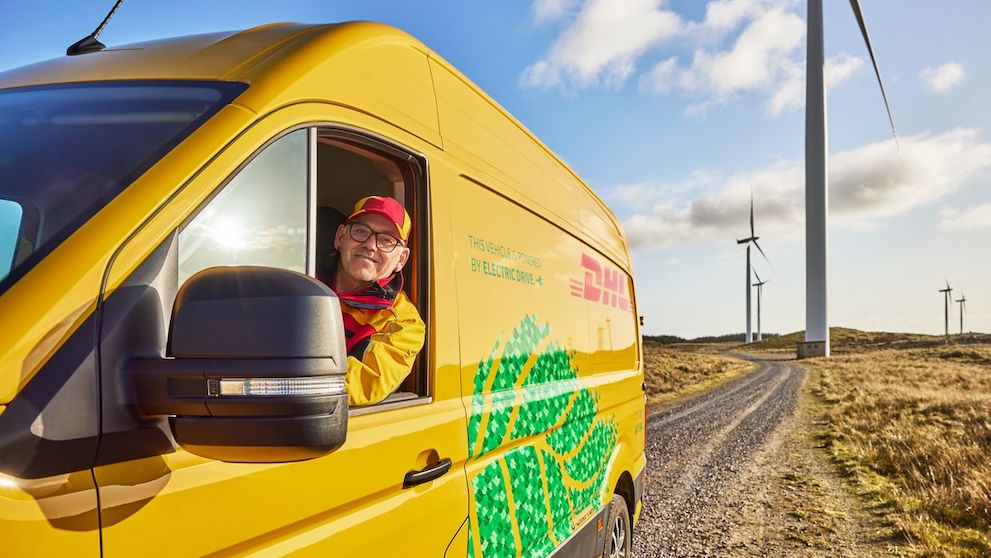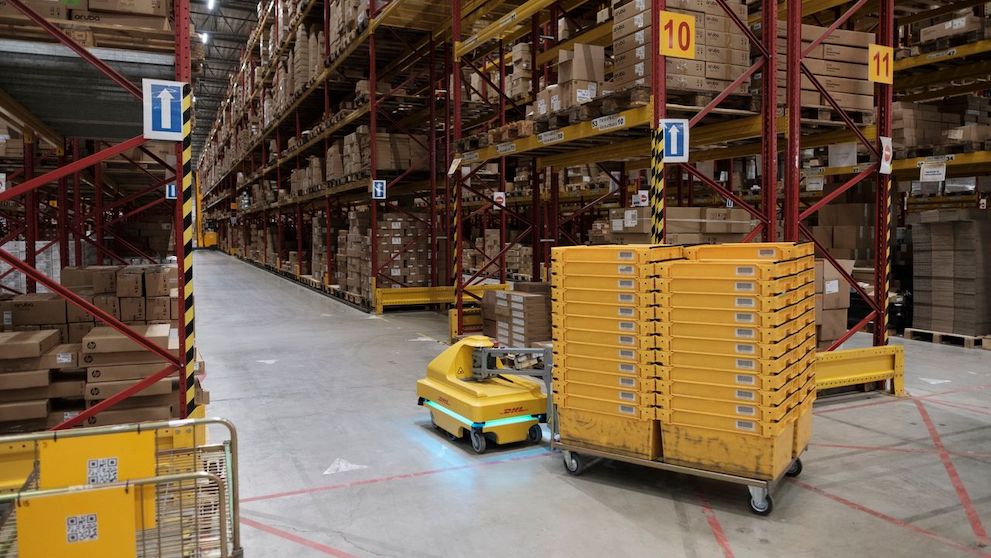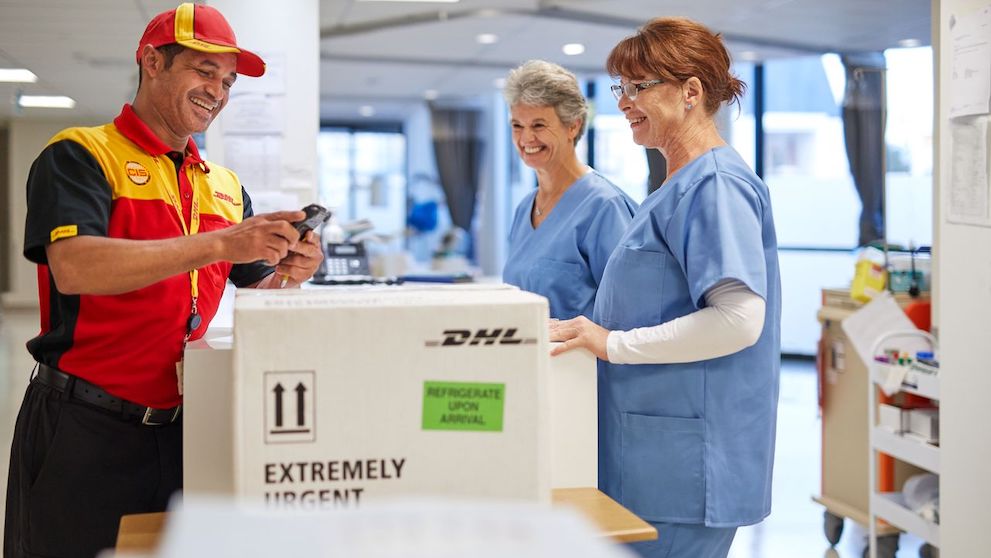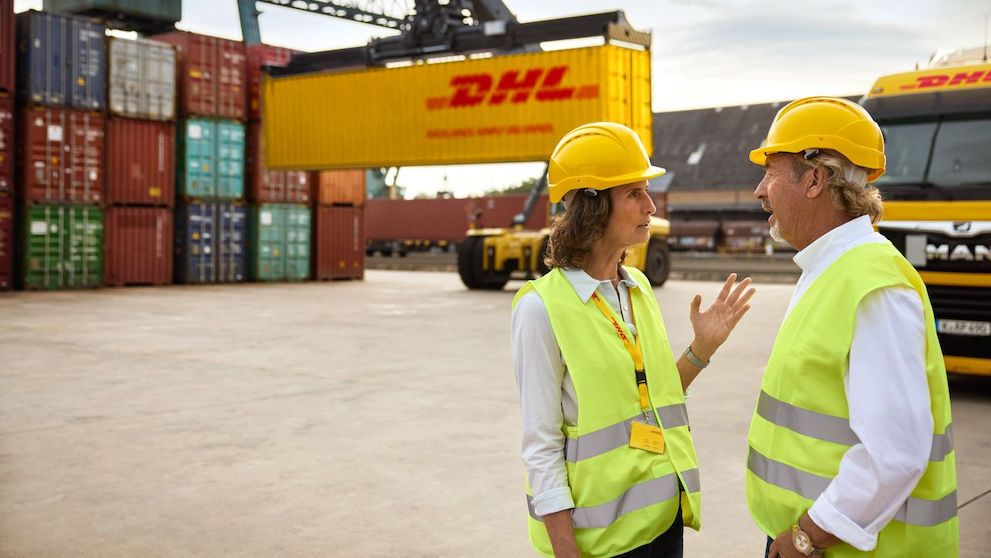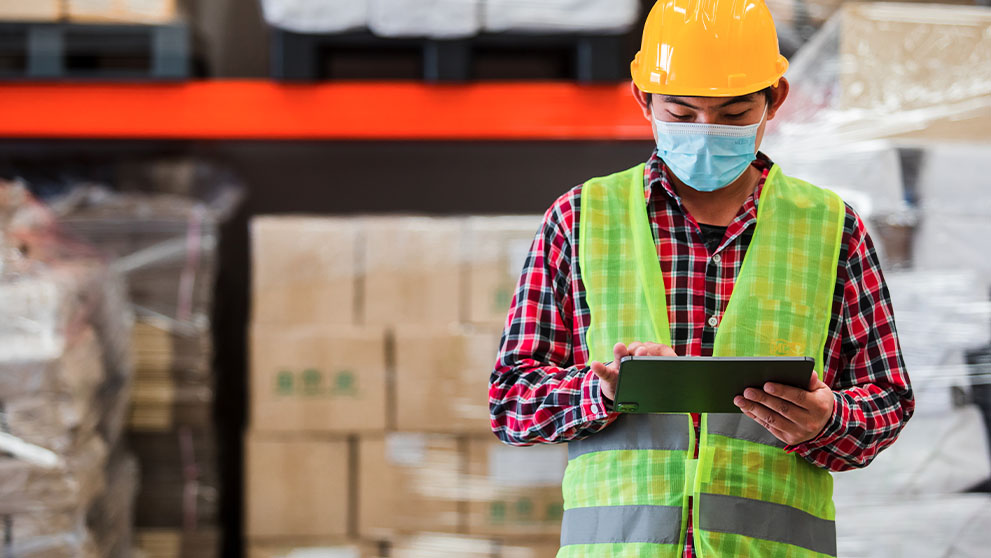The logistics industry has seen rapid advancement due to game-changing technologies in the past century. However, this landscape is far from stagnation, as new trends continue to emerge. As technological advancements continue to cause remarkable shifts in consumer behaviour, new opportunities and threats will consequently cause companies to rethink their business models to suit the consumers’ needs.
As a result, cross-chain industries such as logistics are reshaping at an unprecedented rate to keep up with emerging concepts. New technologies in logistics are also gaining new significance as a way for logistics companies can stay competitive amidst the global market. This digital transformation, according to the World Economic Forum, is thus the key to ensuring greater resiliency and long-term stability in the world of logistics and supply chain management.
For businesses who wish to maintain an edge over their competitors, it is vital for them to stay up to date with the latest trends in technology. Here are five significant trends in logistics technologies that are set to disrupt the industry.
Logistics Software-as-a-Service (SaaS) Already Faces Massive Adoption
Apart from competition, the biggest challenges in the transportation and logistics industries are the ever changing expectations of the customers. To respond to market needs and unpredictable business conditions, companies that leverage on digitalisation might fine tune old processes, adapt to distinct cultures, or rethink their consumer experiences.
Software-as-a-service (SaaS) platforms offer a cost-effective solution for businesses looking to implement logistics technology. This means that small businesses can cut costs by outsourcing their logistics needs, which then increases their return on investment.
Twill and Flexport are two well-known logistics SaaS platforms. They provide a direct line of communication to clients and revolutionise supply chain management by bringing new data-driven insights to the table. As a result, they are actively assisting businesses in improving their operations and supply chains. Unquestionably, the use of logistics software will enhance a company's overall performance through the increase of efficiency in performing repetitive tasks and the reduction of manual errors.
Autonomous Vehicles - the Future of Supply Chain Management
The introduction of autonomous vehicles to the industry is a technology benefit that significantly reduces the cost of manpower. With minimal hours spent behind the wheel of an automobile, this can increase human productivity and output. This also means more time can be allocated for other tasks, making it time-efficient.
Essentially, autonomous vehicles can sort, track, package and transport sans the risk of human error. The route optimisation capabilities of these self-operating vehicles will add to the slew of benefits by shortening delivery times and increasing fuel efficiency.
Machine Learning and AI Are Vital Disruptive Technologies
One of the easiest ways to define artificial intelligence (AI) is to think of a machine with a human brain. While it is still relatively new as a technology in the logistics industry, AI and big data analytics can significantly improve delivery times by gathering all data input and using those inputs to develop new rules for future business analyses which greatly increase the efficiency between suppliers and business partners, thus becoming an integral part of transforming supply chain management.
On the other hand, machine learning (ML) technologies can quickly become part of an autonomous vehicle’s brain, by allowing them to sense, comprehend, act, and learn. Through this, logistics companies can use such software for predictive analytics and calculate routes based on real-time conditions.



